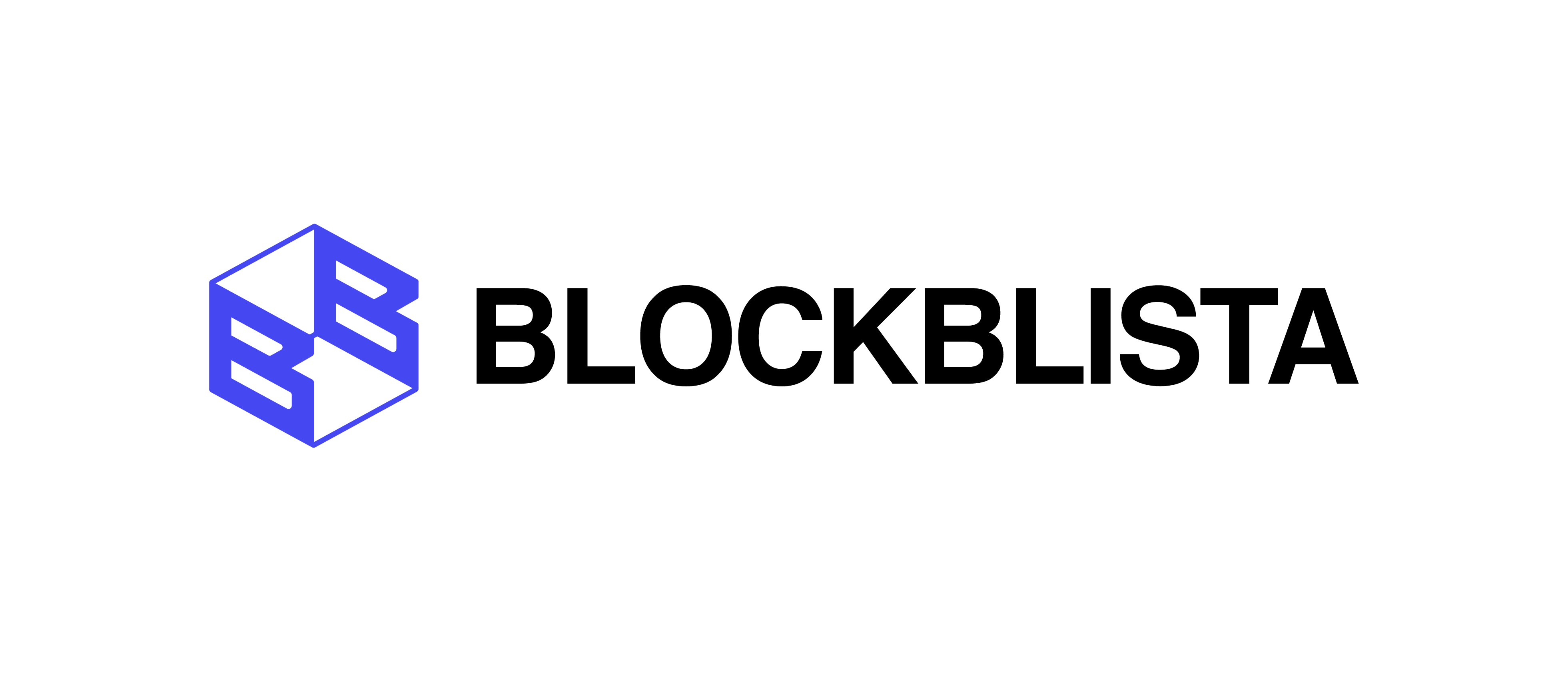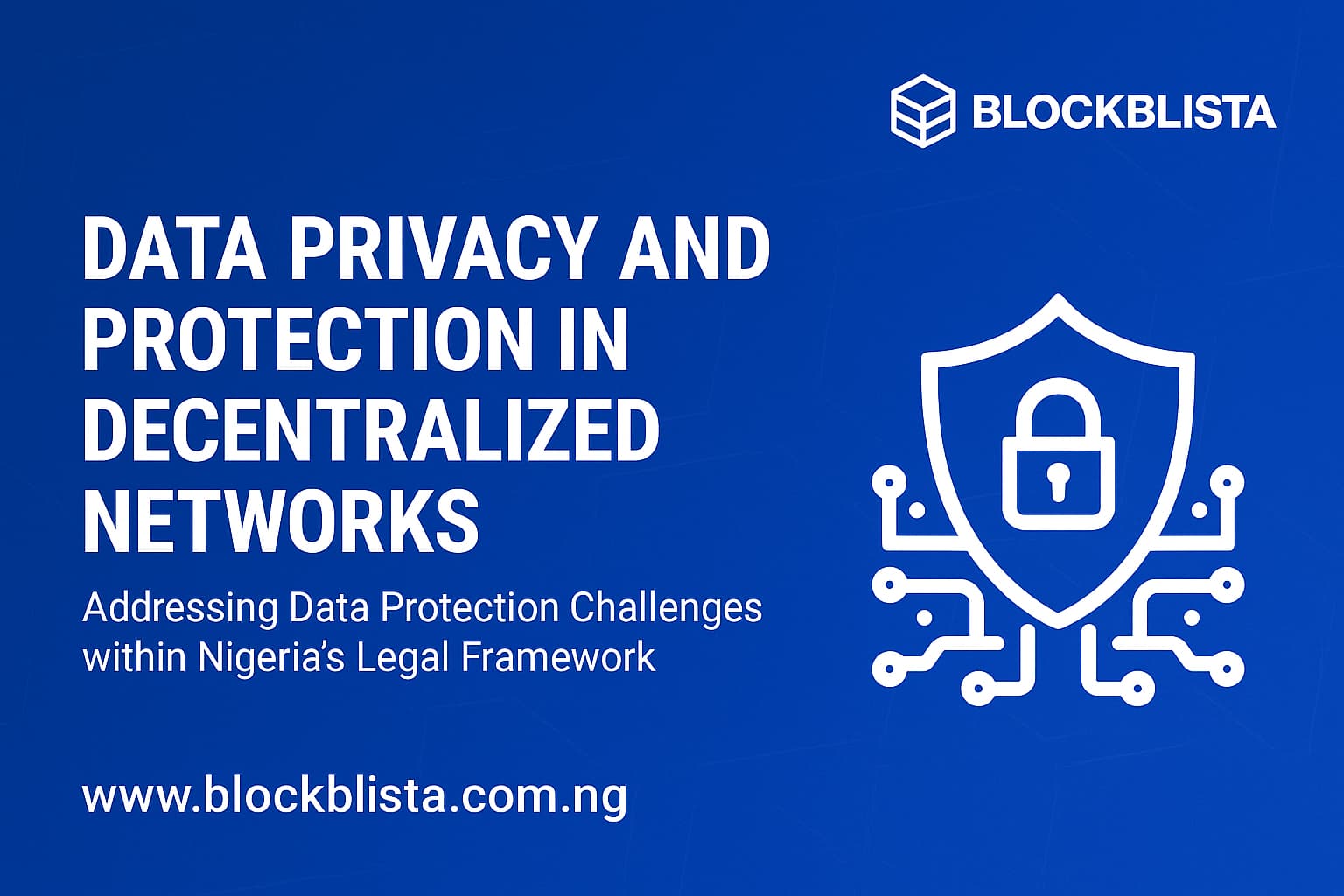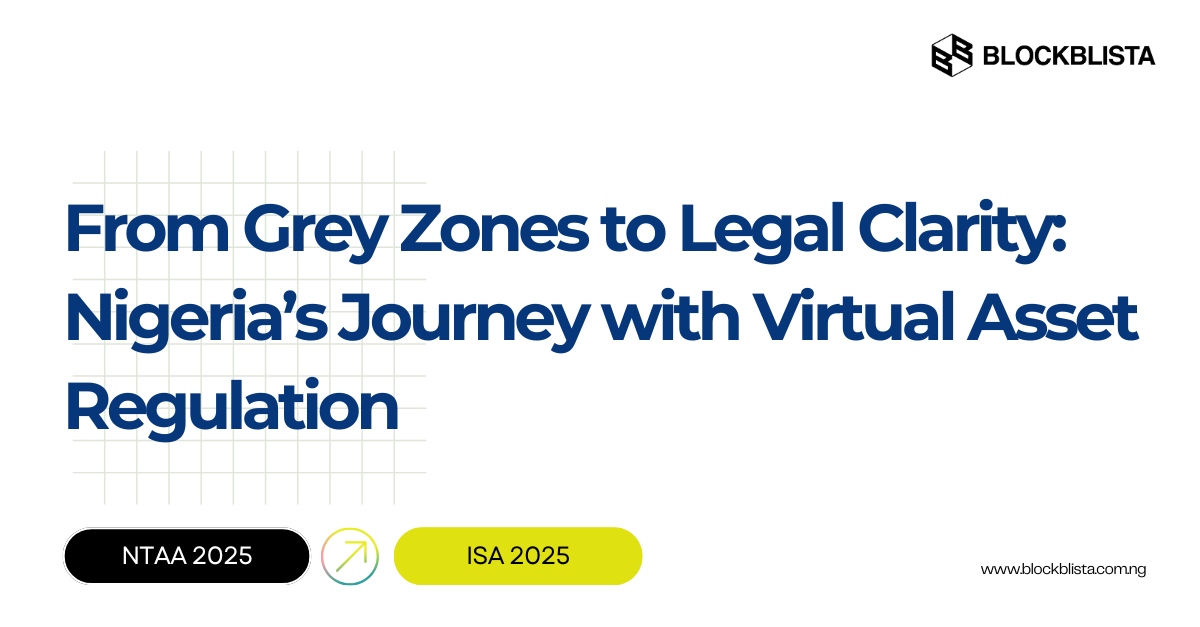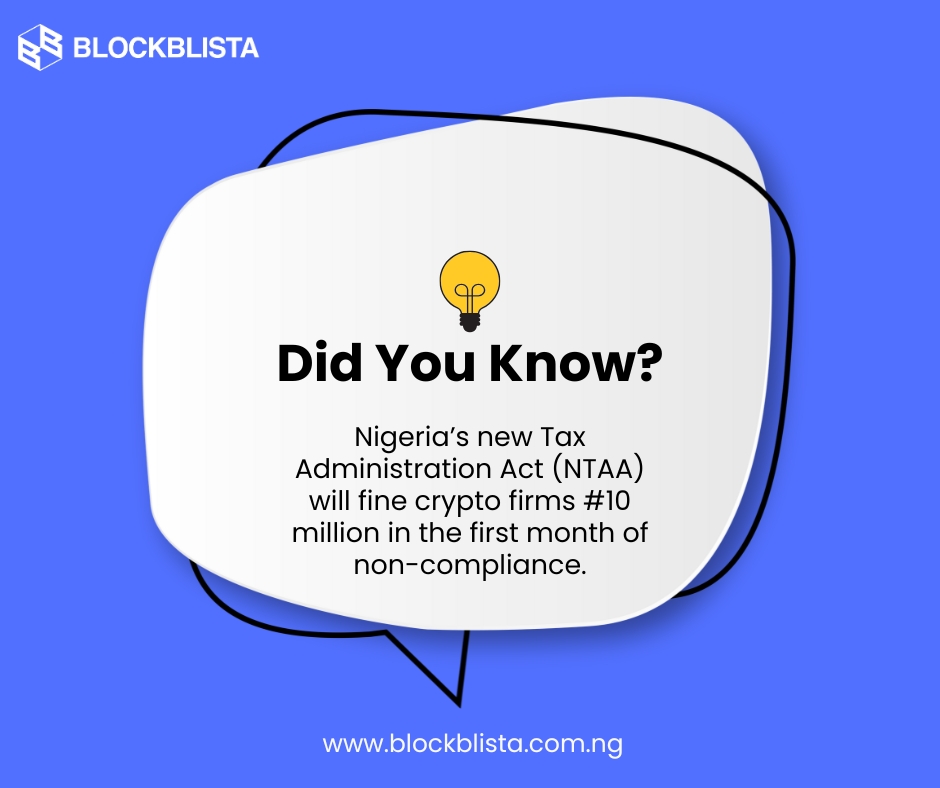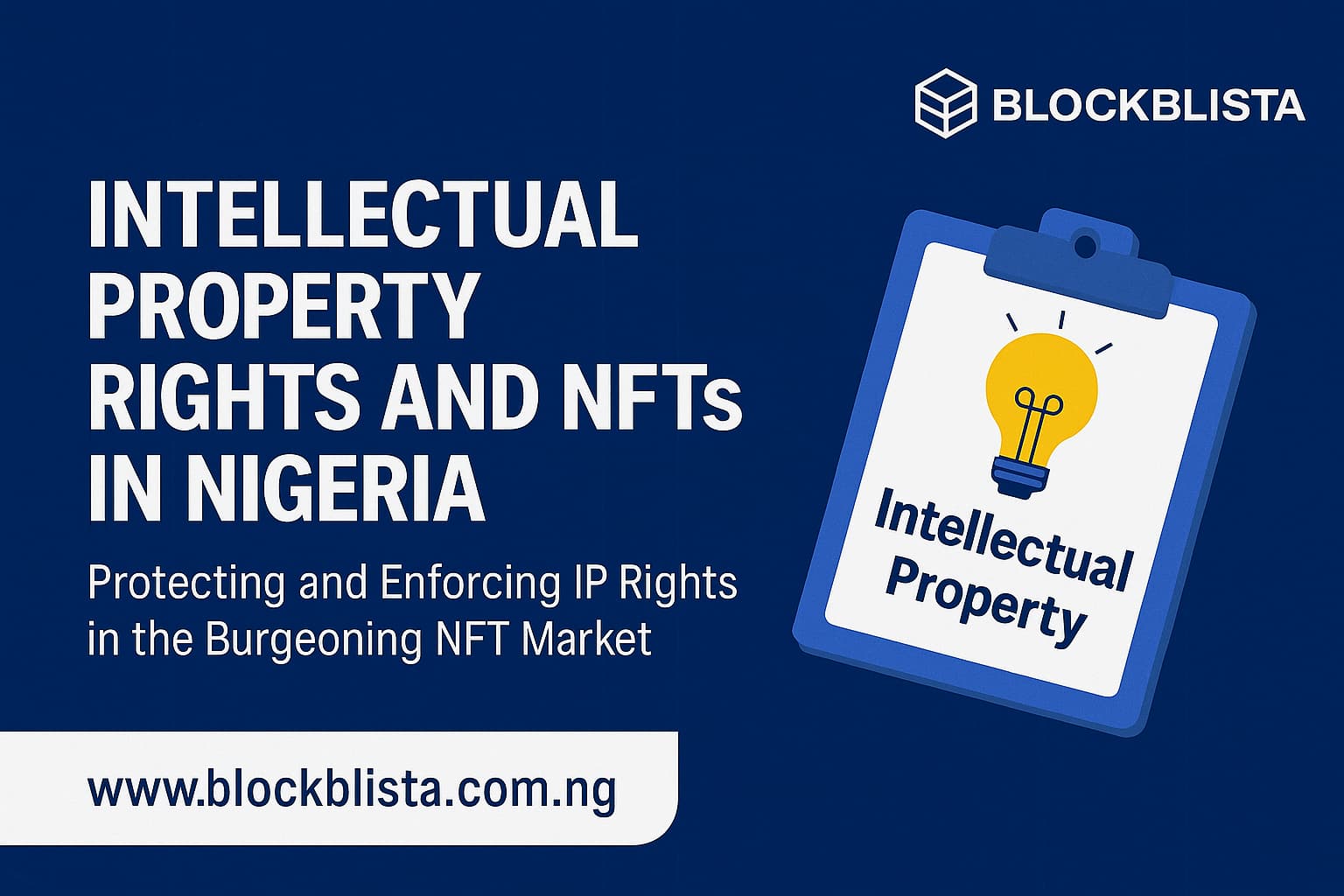The rise of decentralized technologies like blockchain, DAOs, and Web3 protocols has revolutionized data storage and sharing. However, it also introduces complex legal questions about how personal data is processed and protected. In Nigeria, the Nigeria Data Protection Act (NDPA) 2023 governs data privacy, but its application to decentralized systems remains largely untested. Failing to align with evolving privacy laws can expose founders, DAOs, and Web3 ventures to regulatory risk, reputational harm, and investor backlash.
What Counts as Personal Data in Web3?
The NDPA defines personal data as any information relating to an identified or identifiable individual. In decentralized systems, this could include:
- Wallet addresses tied to individuals
- Metadata from dApp interactions
- Transaction logs stored immutably on-chain
- Biometric or KYC data collected for compliance
Even pseudonymous or hashed data may still qualify as personal data if it can be traced back to an individual, which creates compliance obligations under Nigerian law.
Key Challenges in Decentralized Networks
- No Central Data Controller: In DAOs or decentralized platforms, it’s hard to determine who is responsible for ensuring compliance.
- Right to Be Forgotten vs Immutability: Blockchain’s core feature; immutability, conflicts with NDPA rights like data erasure and correction.
- Cross-border Data Transmission: Nodes often store and replicate data across borders, raising questions about lawful international data transfers.
- Informed Consent: Obtaining clear, informed, and opt-in consent from users is difficult on-chain, especially when interactions are pseudonymous.
Regulatory Outlook
While the NDPA is technology-neutral, Nigeria’s Data Protection Commission (NDPC) has not yet issued specific guidance on decentralized systems. However, compliance expectations are rising, and regulators may eventually look to models like the EU’s GDPR for interpreting obligations.
What You Should Do
If you are building or operating in the Web3 or DeFi space in Nigeria, you should:
- Map out the types of data your protocol handles
- Identify whether and where personal data is stored or exposed
- Explore off-chain storage or privacy-enhancing technologies (e.g., zero-knowledge proofs, selective disclosure)
- Document your privacy practices—even if your network is decentralized
- Be proactive in developing a compliant user consent mechanism
How Blockblista Helps You Stay Private and Compliant
At Blockblista, we assist Web3 builders and DAOs in aligning their protocols with Nigerian and global data privacy expectations. Our support includes:
- Privacy Impact Assessments tailored for decentralized systems
- Smart contract reviews for data exposure risks
- Guidance on pseudonymization and zero-knowledge tech
- NDPA compliance strategies and documentation
- Cross-border data transfer planning
- Liaising with regulators on behalf of clients for advisory opinions
Innovation should not come at the cost of legal risk. Let Blockblista help you embed privacy and compliance into your protocol from day one.
Need Privacy-First Legal Guidance for Your Decentralized Network?
Contact Blockblista to help you protect users and stay ahead of the law.
✉ contact@blockblista.com.ng
